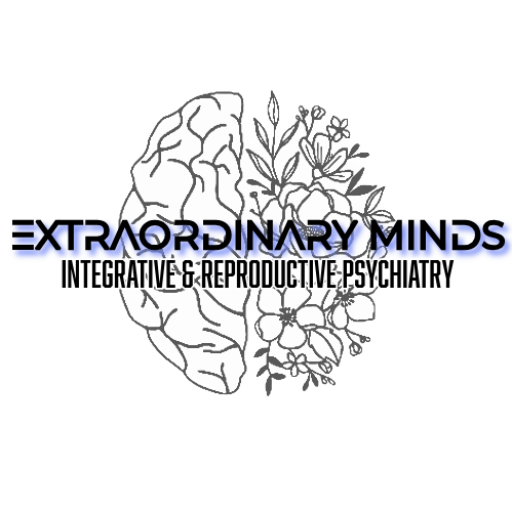Why doesn't my ADHD medication feel like it's working before my period?
9/15/2024 by Dr. Rachel Dillinger, MD PMH-C, integrative and reproductive psychiatrist

One of the most common questions I get from premenopausal women with ADHD is why their stimulant medication (i.e. adderall, vyvanse, mydayis, concerta, focalin, ritalin, etc.) doesn’t feel like it makes much of a difference during the luteal phase (time between ovulation and the first day of menstrual bleeding).
While our bodies are complex and there are a number of reasons why this can occur, one of the major ones comes down to one of our favorite female hormones: estrogen.
One of our bodies main evolutionary goals is to get pregnant. During the first half of our menstrual cycle, our levels of estrogen climb and reach their peak in order to:
- Rebuild the lining of our uterus
- Encourage a set of eggs to grow and mature in our ovaries
- Trigger the ovaries to release an egg during ovulation
Have you ever heard the term, “build it and they will come”? Building a comfy place for an egg to implant and popping that egg out is only half the battle—it needs to be fertilized by sperm. So estrogen also helps by increasing our mood, energy and libido so we are more social, outgoing, and likely to find ourselves interested in situations that could lead to fertilizing an egg (if our preferred partner produces sperm-the drive is still there regardless).
A major way this happens is because estrogen increases the amount of dopamine our brain makes and increases the number of places that dopamine can attach to, resulting in stronger signals.
Dopamine is a feel good chemical our bodies make that is released as part of our reward system. It plays a critical role in motivation, and is present in lower levels for people with ADHD. Stimulant ADHD medications increase dopamine release in several ways I won’t get into in this post but will cover separately.
A woman who takes a stimulant during the first half of her cycle has the dopamine boost of the stimulant PLUS the dopamine boost of estrogen.
On the other hand, a woman who takes a stimulant during the second half of her cycle doesn’t get as much impact from her stimulant because lower estrogen equals lower dopamine and weaker signals.
If this resonates with your experience, please speak with your medical team about what options they can suggest for helping to best support your ADHD during that part of your cycle! It’s 25-50% of your life and worth exploring the possibilities.
